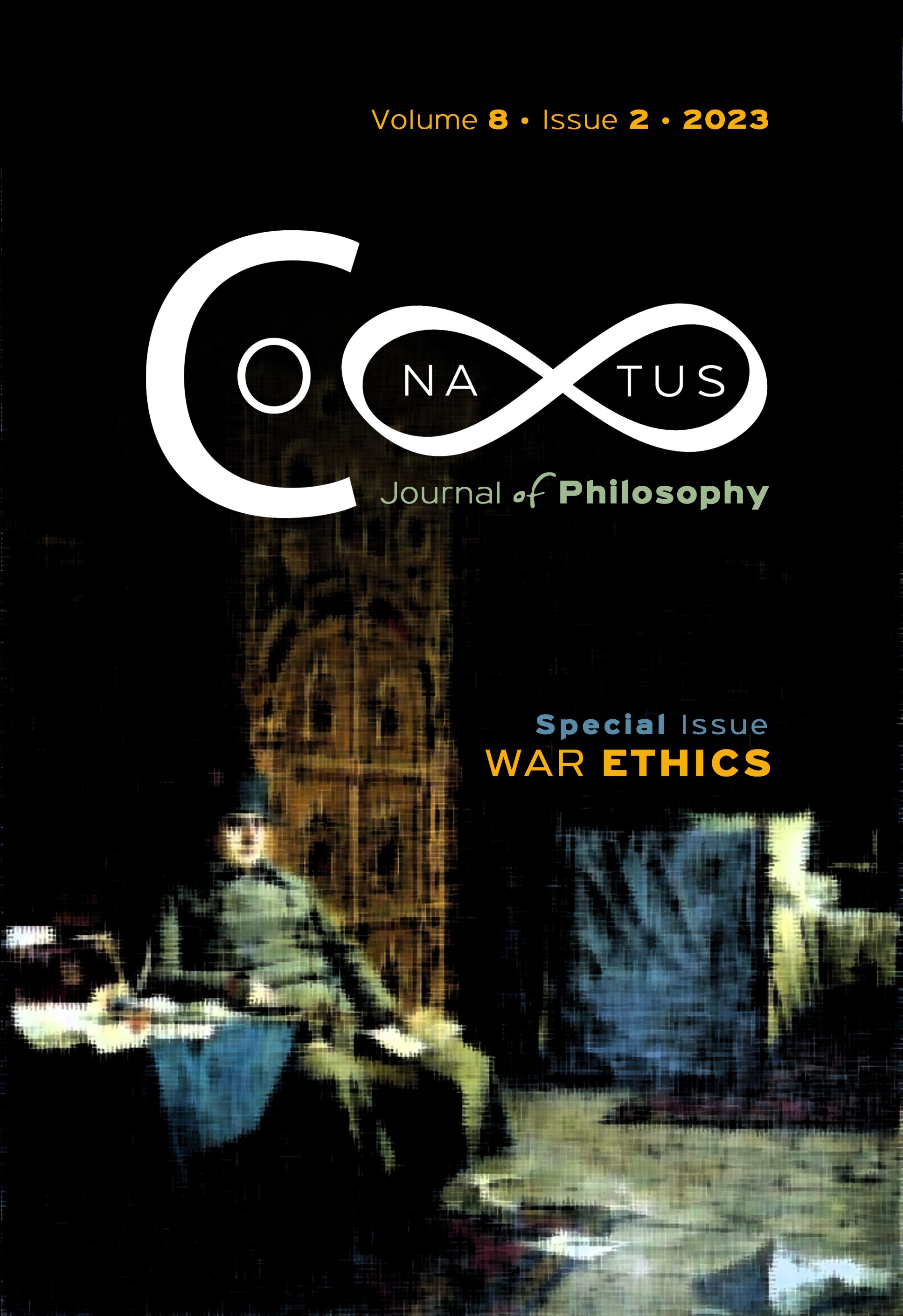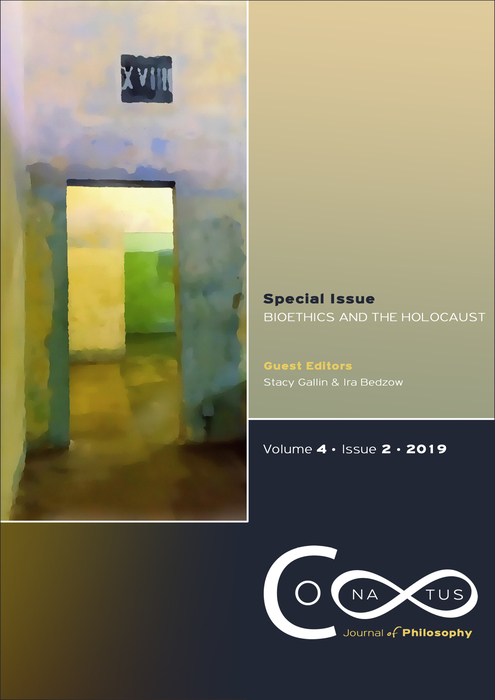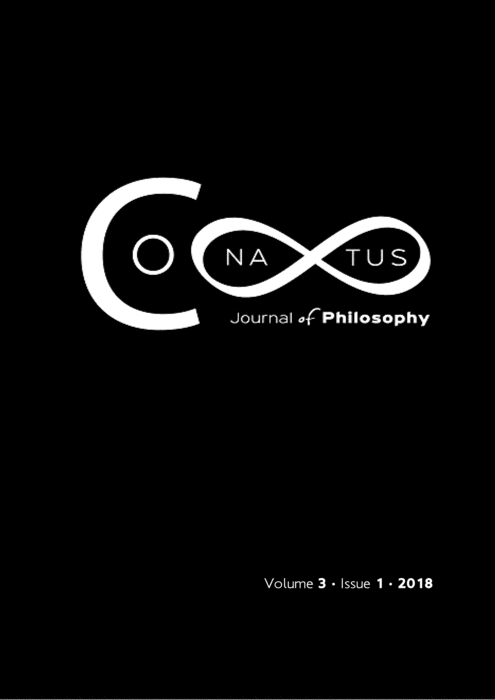Führerprinzip or 'I Was Following Orders' in Jus in Bello Era

Abstract
In June of 1945, the International Military Tribunal (ITM) formed in London, faced the problem of a non-yet existing legal armor for the Nazi crimes. Two new rules were widely accepted there. First, a new category of war crimes, the “crimes against humanity” was legally defined. Second, the ex-ante rejection of the defense line “I was following orders” or Führerprinzip (the principle of the duty to obey every order given by the military leader). In the first part of this paper, I will present in brief, the historical and legal context of the rejection of Führerprinzip as a defense line of the Nazi defendants in Nuremberg trials as also in Eichmann’s trial in Jerusalem, where the same legal context was enacted. Next, I will expose a short history of conscientious objection in war ethics and the International Law on Human Rights that supports it. This exposition reveals that objection to criminal orders has the status not only of a right, but also of a duty for the soldiers on either side of the war. In the third part, the Rawlsian view on conscientious objector will be exposed as the meeting point of a broadly Kantian conception of war ethics and the existing International Law frame. In the final part I will present some philosophical aspects of jus in bello theory, as also the critique of its importance, and its contribution to the reification of the moral importance of conscientious objection in wartime and the rejection of Führerprinzip.
Article Details
- How to Cite
-
Boutlas, G. (2023). Führerprinzip or ’I Was Following Orders’ in Jus in Bello Era. Conatus - Journal of Philosophy, 8(2), 77–93. https://doi.org/10.12681/cjp.35677
- Section
- Articles
- Categories

This work is licensed under a Creative Commons Attribution-NonCommercial 4.0 International License.
Authors who publish with this journal agree to the following terms:
Authors retain copyright and grant the journal right of first publication with the work simultaneously licensed under a Creative Commons Attribution Non-Commercial International License (CC BY-NC 4.0) that allows others to share the work with an acknowledgement of the work's authorship and initial publication in this journal.
Authors are able to enter into separate, additional contractual arrangements for the non-exclusive distribution of the journal's published version of the work (e.g. post it to an institutional repository or publish it in a book), with an acknowledgement of its initial publication in this journal.
Authors are permitted and encouraged to post their work online (preferably in institutional repositories or on their website) prior to and during the submission process, as it can lead to productive exchanges, as well as earlier and greater citation of published work.








